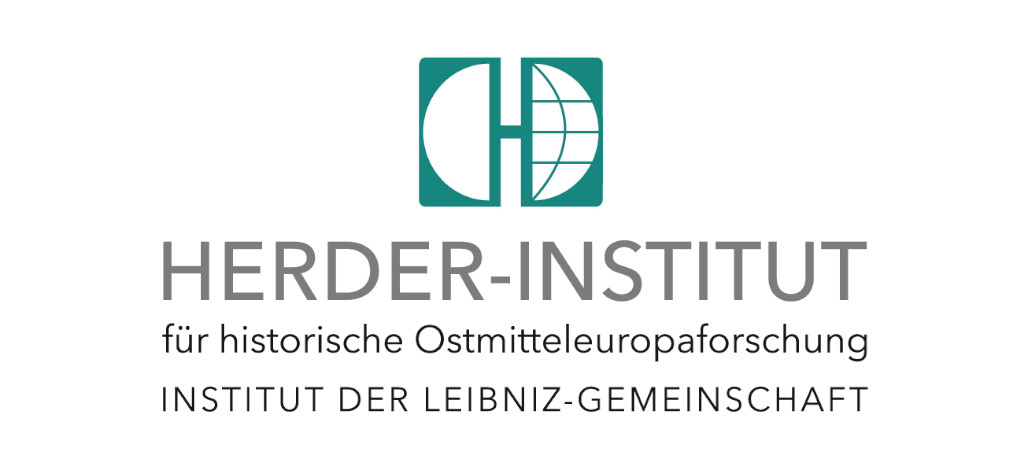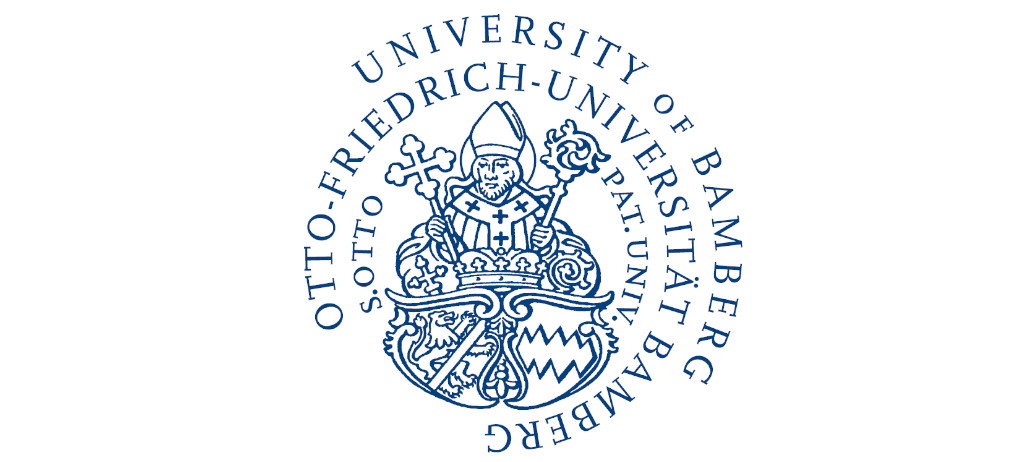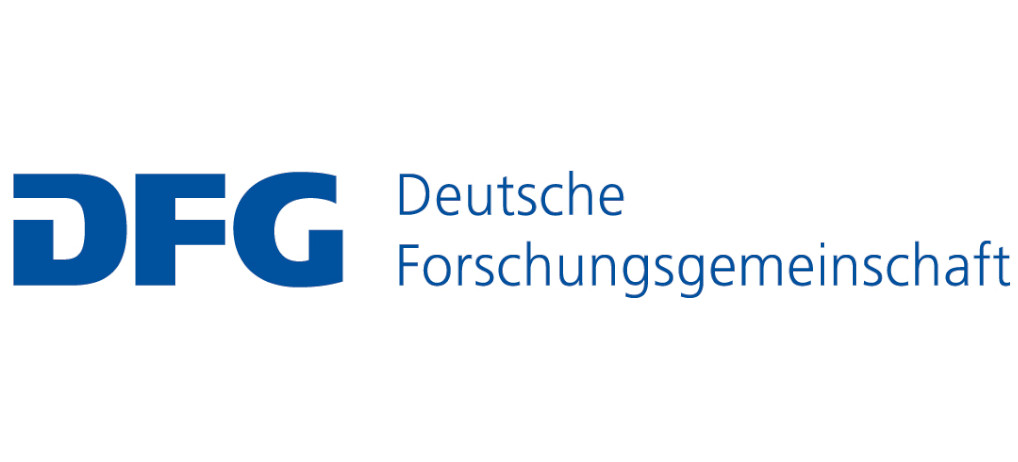01.04.2020 "Security in the Crisis" - The New Series of Contributions of the CRC 138 in Cooperation with Soziopolis

In the new Soziopolis contribution series "Security in Crisis", CRC members and associates publish contributions focusing on security techniques in the Corona crisis.
The current crisis over the respiratory disease Covid-19 is a crisis of safety in two senses. First, the crisis involves a broad repertoire of safety techniques that extend far beyond forms of health protection. The concern is not solely for bodies, but also for supply chains, infrastructures, and collective affects. On the other hand, in times of crisis, traditional security techniques prove to be inadequate, deficient or in need of reform. Procedures with a long history are reactivated under new conditions. Thus, early modern quarantine of ships makes a comeback, house arrest is inserted into contexts of liberal governance of circulatory movements, and concern for public order revitalizes logics of early modern medical policing. Measures such as the tracking of high-risk contacts ("tracking"), compulsory identification, or action against rumors are placed on a new media-technical basis. Overall, security in the current situation is thus becoming both hypervirulent and experimental. The crisis calls for security measures with the utmost urgency and at the same time subjects them to a fundamental test.
At Soziopolis, this complex context will be illuminated in a series of contributions. Starting from concrete repertoires and heuristics of security, the aim is to analyze current problem constellations and, in particular, to grasp their historical depth dimension. This series is initiated and curated by the Collaborative Research Center/Transregio 138 "Dynamics of Security". Its interdisciplinary perspectives allow for a social science and humanities analysis of the Corona crisis. The series asks: Which repertoires and heuristics of the production of (in)security are currently in use? Which forms of knowledge and problematizations become effective, what is considered a workable solution and legitimate expertise? What are the decisive spaces and temporalities of security? Where does security end, what appears to be irrelevant to security? And what historical continuities and discontinuities can be observed in all this?



